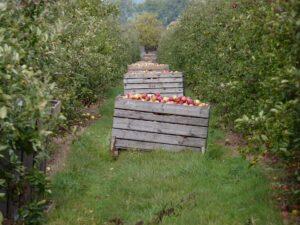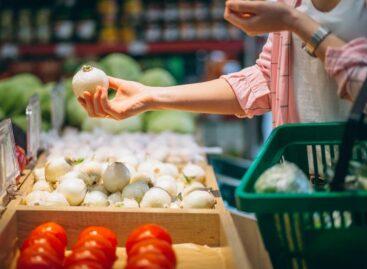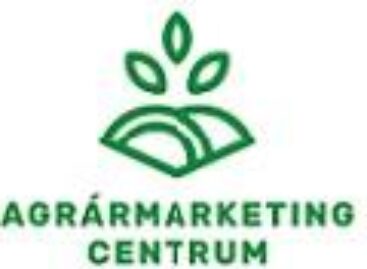Regional food production protects the environment and increases domestic added value
Regional, local food production greatly reduces the need to transport food and thus the emission of harmful substances. In addition, local cultivation also increases the added value produced in the domestic economy – says a study published on Tuesday on the website of the Austrian VCÖ transport environmental protection organization.

(Photo: Pixabay)
According to the environmental protection organization “VCÖ – Mobilität mit Zukunft”, regionally produced food travels an average of 150 kilometers, while food produced in other regions travels an average of 1,700 kilometers. Regional production therefore requires a 90 percent shorter delivery time. In addition to regionality, however, seasonality must also be taken into account, since, for example, the production of one kilogram of Spanish tomatoes results in an extra 400 grams of carbon dioxide emissions per kilogram, which is five times more than local, Austrian cultivation. On the other hand, tomatoes grown locally in a greenhouse out of season emit fourteen times as many pollutants as organically grown tomatoes during the season.
Transportation accounts for 13 percent of the total emissions of food production
In terms of fruit and vegetable production and trade, the ratio is probably higher, as in Austria in 2021, 42 percent more vegetables and 52 percent more fruit were consumed than were produced domestically. By increasing the proportion of the cycle of production-processing-consumption-waste utilization between regional borders, the length of the transport routes can be significantly reduced, and a significant proportion of the shorter journey thus made can be transferred to more “climate-friendly” forms of mobility – the study says.
Strengthening regionality is the starting point of economic policy that improves the environmental efficiency of the economic cycle
On the one hand, this strengthens the regions, and on the other hand, it reduces environmental and traffic pollution, Lina Mosshammer, VCÖ expert, said in her press release on Tuesday. Buying regionally produced products strengthens the economy and thus provides jobs in the region. This leads to the expansion of the regional product range. According to the VCÖ’s calculations, a 20 percent reduction in food imports would create 46,000 new jobs in Austria and increase the added value produced locally by 4.6 billion euros annually.
Statistically, economic activity that carries out processing and sales within a radius of 75 kilometers as the crow flies from the place of origin of the raw material is classified as regional.
https://vcoe.at/publikationen/vcoe-factsheets/detail/regionale-kreislaeufe-reduzieren-verkehrsawand
MTI
Related news
High-value shopping basket and more conscious shoppers: growing demand for domestic and healthy products
🎧 Hallgasd a cikket: Lejátszás Szünet Folytatás Leállítás Nyelv: Auto…
Read more >Related news
The government is supporting dairy farmers with a new measure
🎧 Hallgasd a cikket: Lejátszás Szünet Folytatás Leállítás Nyelv: Auto…
Read more >








